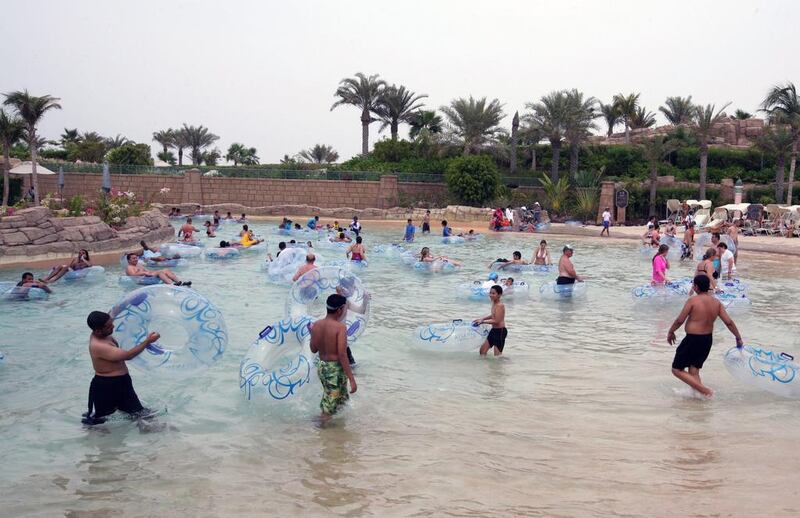I am writing about Education chiefs ban kindergarten interviews (October 14).
While I completely agree that children as young as four should not be put under stress, I wish to add that most kindergarten interviews are conducted to assess not only the child’s development but also to understand the family’s routines so that correct measures are put in place to help the child once he or she is at school.
Some children come to school with the discipline needed to learn, such as being able to sit for a certain period of time completing a task, listen to and understand instructions and be willing to ask for help when needed. Others have to be taught these skills before academic learning can begin.
On the other hand, education today is geared to help children develop at their own pace and ability, and a child coming to school already knowing the letters and numbers must be correctly challenged so that he or she is not bored in class.
Hence, in my opinion, interviews are necessary to help children develop appropriately and to provide parents with the necessary guidance on supporting their child’s progress. They are not about determining if the child has “passed” or “failed”.
C Baht, Dubai
Statistics may not tell the full story
Crash figures show a man’s place is in the back seat (October 17) fails to indicate how many male and female drivers there are in the country.
I think that the ratio could be as great as 10 to 1. If you also consider the number of hours driven by men to women, the ratio could be as much as 20 to 1.
Whatever the ratio is, unless it is applied, the article does not represent a true picture of the statistics.
Jeremy P Weeks, Abu Dhabi
Use of word ‘Allah’ is a complex issue
I am writing in reference to your editorial Word 'Allah' is not exclusive to Islam (October 15).
It is said that the recent Malaysian court ruling of banning the word “Allah” from a Catholic newspaper, The Herald, is denying the religious freedom of the minority Christian community in Malaysia. How true is this?
Christians comprise less than 10 per cent of the Malaysian population. Although this percentage is higher than that for Hinduism, the Christian religion is not well known among native Malays, especially those living on the peninsula.
Because the more familiar religions of Buddhism and Hinduism refer ro their deities in words alien to Malay Muslims, it is unofficially regarded that the word “Allah” denotes only the Muslim “Tuhan”, the Malay word for God.
Most of the Christians living in the peninsula are of Chinese and Indian ethnicity. While their numbers are relatively smaller than the Buddhists and Hindus, churches of various Christian sects are not rare. These churches do not use the Malay-language Bible and no Malay is used in their sermons or written material.
Instead, they use English or the mother tongue of the followers, such as Mandarin or Tamil. God, in the context of Christianity, is never referred to as “Allah”.
Before this issue arose, almost all of these Christians would have agreed that “Allah” exclusively refers to the Muslim God.
However, things are very different in the other part of Malaysia, Borneo. Almost 50 per cent of the East Malaysian indigenous people are Christians who use their native Iban, Dayak, Penan and other languages that are similar to Malay. These Christians are now not allowed to call their Tuhan “Allah”.
Personally, I am against the exclusivity of “Allah” to Muslims as it is against my belief in a universal God. However, Malay Muslims will need time to be educated about this issue. While they are getting there, The Herald should just use the word “Tuhan”.
Izzudin Saedon, Malaysia
Technology makes holiday work easier
On The National’s Facebook page (October 14), you ask whether people will be working over Eid.
Unfortunately when you work for a multinational company with many regional markets, there are no holidays.
However, having a smartphone and a laptop has allowed me to work from home or a hotel room.
This week, I was responding to emails while at the water park at Atlantis, The Palm.
Randall Mohammed, Dubai
I don’t think it is fair that sales staff, who earn very little to start with, have to work so many hours over Eid.
Brigitte von Bulow, Abu Dhabi





